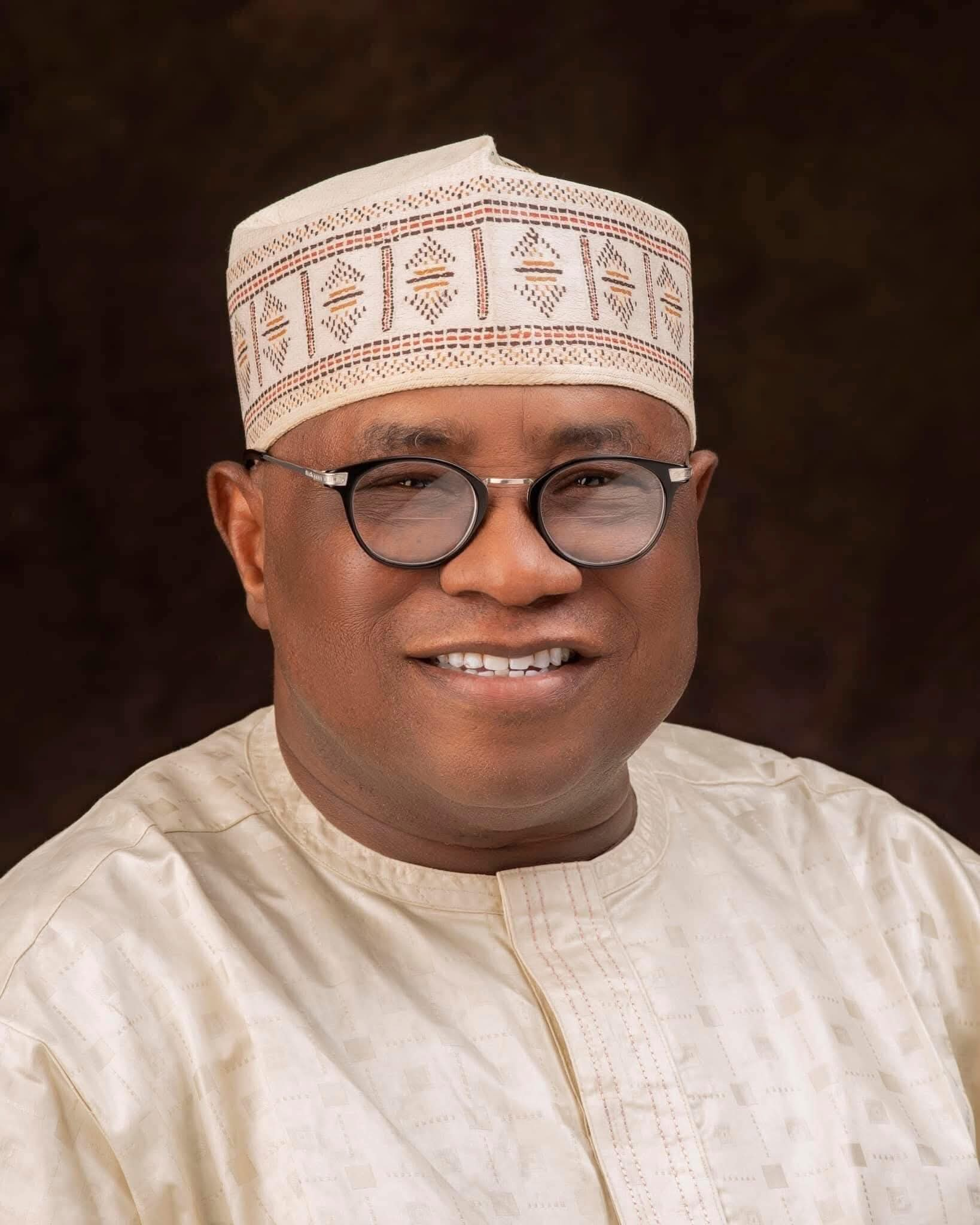Response to Prof. Abdalla Uba Adamu's Facebook Post on the Forthcoming Rarara Conference

Dear Prof. Abdalla Uba Adamu,
Greetings, Sir.
We read your recent Facebook post titled “The Conference That Never Was!” with great respect for your voice, your long-standing academic commitment, and your deep contribution to cultural scholarship in Nigeria. Your concerns were noted carefully, and we would like to offer some clarifications and express our sincere regret over the confusion caused by your name appearing on the early draft of the conference poster without your express approval.
To be clear from the onset: the inclusion of your name as a keynote speaker was not a decision made arbitrarily by the Local Organizing Committee (LoC), nor was it a deliberate misrepresentation. It was, regrettably, the result of a well-meaning miscommunication involving one of your close associates.
Let me explain:
At one of the early planning meetings of the LoC, a member of the committee, who incidentally is a Professor at ABU, yiur Alma Mater, callade Professor Mainasara Yakubu Kurfi, your long-time colleague, to speak to you on the conference and the request of the LoC. He assured the committee that your inclusion could proceed, noting that conveying the LoC’s interest to him was equivalent to official engagement. Based on that assurance, and with the intention to present a balanced intellectual conversation, your name was added to the poster as one of the keynote speakers.
The core rationale for reaching out to you at all came directly from Engr. Dr. Muttaqha Rabe Darma, PhD, the President of our college and the initiator of the conference. After reading your widely discussed paper titled “Rarara’s Invective Barbs: Innuendoes, Body Shaming and Kano Politics”, published April 7, 2023 in 21st Century Chronicle, Dr. Darma insisted you were the ideal person to present a powerful counter-perspective at the conference.
In that piece, you dissected Rarara’s art as a genre of Hausa invective oral poetry, exploring the ethical dilemmas, his transactional politics, and his role as a vehicle for public ridicule rather than ideological education. You concluded that while Rarara lacks the enduring political depth of Hausa protest poets like Zungur or Aƙilu Aliyu, he still deserves scholarly attention as part of Nigeria’s cultural landscape. This is why Dr. Darma was emphatic that “there must be someone who can give an alternative view of the person in focus, and there’s no one more ardent, more thoughtful, or more appropriate than Professor Abdalla.”
Following this conviction and the verbal assurance from Professor Kurfi, your name was included on the flier.
It is also important to note that the now-controversial internet poster was released four days after that LoC meeting, during which no dissent or caution came from Prof. Kurfi or anyone else to advise otherwise. That is why we are genuinely surprised and deeply regretful that this error occurred.
We sincerely apologize for this oversight. It was never our intention to involve you without your clear consent. You have every right to feel the way you do, and we respect your stance.
We are now working to update and reissue the poster, and your name will not appear in the revised version. This correction will also be communicated across all platforms to avoid further confusion.
Despite the unfortunate situation, we’re grateful that your post still acknowledged the value of academic analysis of cultural forms like music, literature, and performance. You wrote: “We as researchers will continue researching anything that catches our attention—the good, the bad and the ugly. We neither praise nor condemn. We code, analyze and report.” This captures the spirit in which the conference was conceptualized—to reflect and debate, not to idolize or distort.
We remain committed to that ethos and still hold your contributions to scholarship in the highest regard. Thank you once again for your integrity and your powerful voice in shaping critical public discourse.
With highest regards and deepest apologies,
Gambo Garba
Conference Secretariat
1st International Conference on the Songs of Alhaji Dauda Kahutu Rarara

